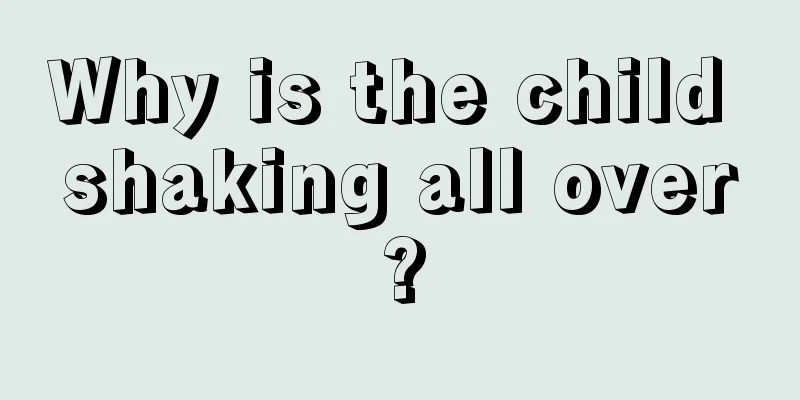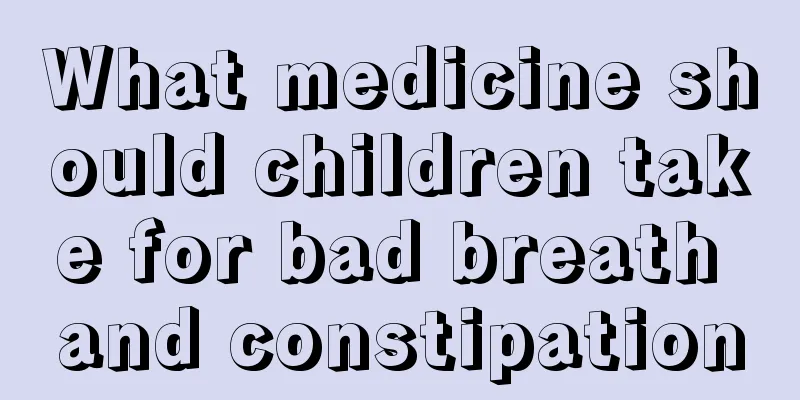What causes unstable breathing in newborns?

|
A few days after the birth of a newborn, many careful parents may observe that the baby often has shortness of breath when sleeping, feeding or moving. Most parents are not very clear about the reason for the baby's rapid breathing. Some people also worry whether there is a problem with the baby's respiratory system or whether the lungs are dysfunctional. So what is the reason for the newborn's unstable breathing? It is a normal physiological condition for infants to have unstable breathing. This is because the respiratory centers such as nerves and lungs are not fully developed, so this situation occurs. As long as there is no breath holding, there is no problem. Guidance: As for anemia, the general symptom is a pale and bloodless complexion. If your baby has trouble sleeping. It is recommended to keep excited by sightseeing during the day, so that you can naturally fall asleep well at night without the need for medication. breathe Children have vigorous physiological metabolism, and their oxygen demand calculated based on body surface area is close to that of adults. Children can generally only meet the body's needs by increasing the number of breaths. The younger they are, the higher their breathing rate. A normal newborn breathes 40 to 44 times per minute; for children under 1 year old, it is 30 times; for children between 1 and 3 years old, it is about 24 times per minute. To observe the number of breathing times, it must be done in a quiet or sleeping state to be accurate. Heart rate Heart rate: Children have a faster heart rate, mainly because their metabolism is vigorous and their body tissues need more blood supply, while the amount of blood pumped by the heart each time remains relatively unchanged. The need can only be met by increasing the number of beats. Newborns: 120-140 times/minute; under 1 year old: 110-130 times/minute; 2-3 years old: 100-120 times/minute; 4-7 years old: 80-100 times/minute; 8-14 years old: 70-90 times/minute. The younger you are, the faster your heart rate and the faster your blood flows. Regarding the reasons for unstable breathing in newborns, we first need to check the baby's heart rate and count the baby's breathing rate to observe whether there is any abnormality in the baby's body. If the baby is pale, has difficulty falling asleep, or is crying and restless, we should take the baby for timely examination. Because the newborn has just been born and its basic functions have not yet been fully developed, it is normal to have symptoms of shortness of breath. |
<<: What is the reason for the baby's breathing 60?
>>: What causes newborns to have difficulty breathing?
Recommend
Which department should I go to for bronchitis in children?
As we all know, the incidence of bronchitis in ch...
Can children grow taller by jumping on the spot?
The height of today's teenagers generally sho...
What causes a four-month-old baby to cry when sleeping at night?
Recently a mother came to ask the editor that her...
Why are children picky eaters
After one year old, my son will enter an importan...
Is it good for babies to sleep frequently?
Many mothers have found that newborn babies alway...
What to do if your child has a picky eater
Children nowadays live a very happy life. They no...
Early symptoms of vitiligo in children
Vitiligo is a disease in which white spots appear...
Why do children sweat when they sleep?
Why do children sweat while sleeping? Many parent...
What are the good foods for children to take to supplement vitamins?
Children need a lot of nutrients during their gro...
What food can cure a child's cough and phlegm quickly?
When children cough and have phlegm, we should be...
What to do if your baby has a viral cold and cough
Many babies just have a viral cold at the beginni...
Child's wrist fracture
We all know that children's bones are particu...
What kind of milk powder is good for babies with allergies?
Many children are more prone to allergies, and so...
How to prevent colds in adults and babies
It is indeed very easy for adults to catch a cold...
Why do three-month-old babies sweat on their hands and feet?
Why do three-month-old babies have sweaty hands a...









